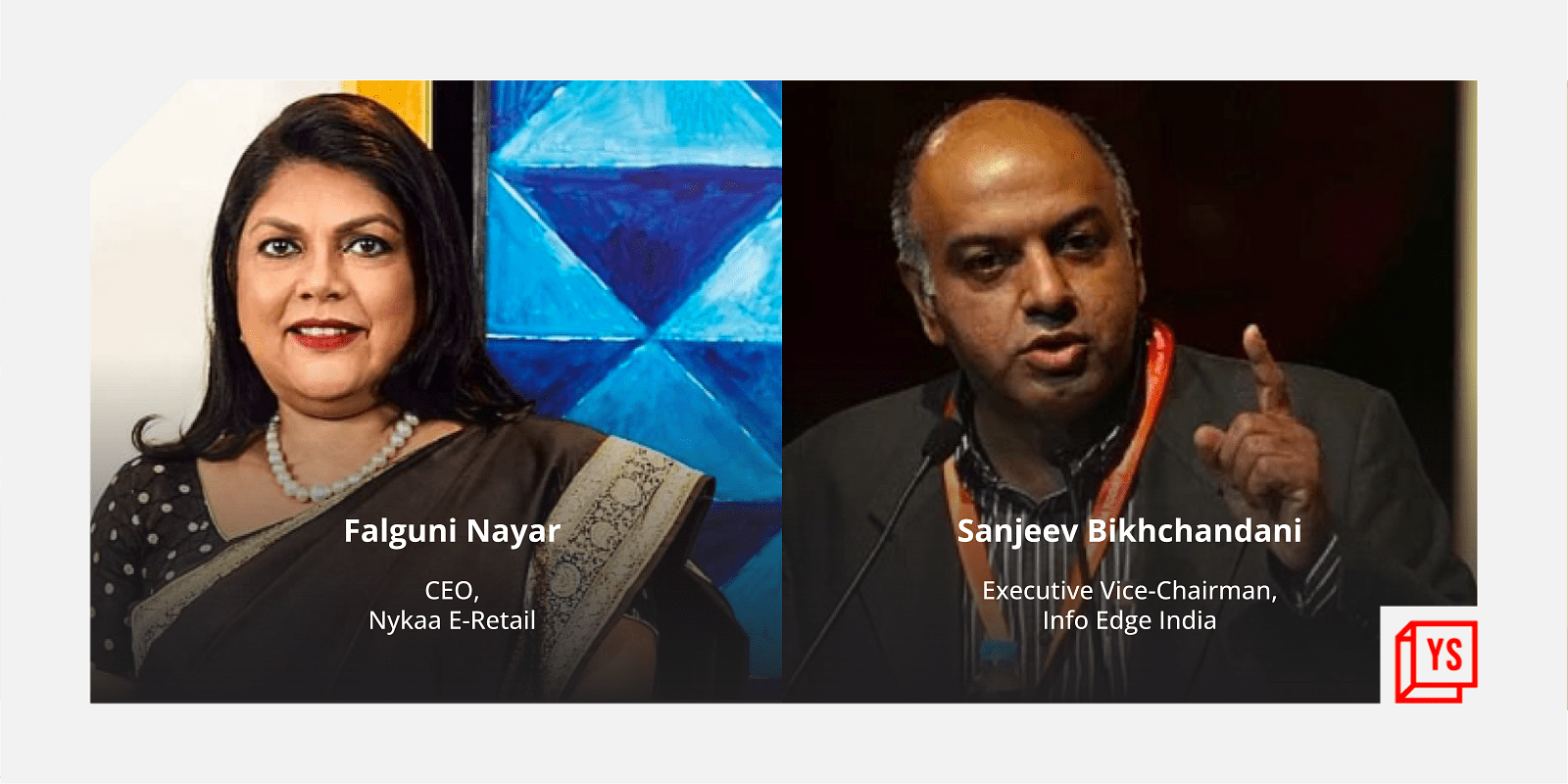There are sufficient checks and balances in India’s startup ecosystem to guard against bad conduct by founders, said Sanjeev Bikhchandani, Vice-Chairman of Info Edge India, referring to the controversy around Ashneer Grover, Founder and Managing Director of BharatPe.
Ashneer has been in the spotlight since an audio clip went viral on social media on January 5, in which he is allegedly swearing at an employee of Kotak Mahindra Bank.
While Ashneer says the audio clip is fake, the Kotak Group has confirmed they are pursuing legal action against the BharatPe Founder.
“Entrepreneurs cannot show bad conduct, and say, ‘I will not be touched’,” Sanjeev asserted, at ‘The Start-Up Boardroom: Building for the Future’, an event organised by the Institutional Investor Advisory Services on Wednesday.
“There are consequences,” Sanjeev pointed out. “People need to be careful. Social media will kill you. Investors get upset if their reputation is tarnished. You will find it harder to get independent directors on your company’s board,” he added.
“The existing regulations are adequate to deal with any sort of criminal threat,” Sanjeev said. “People will fundamentally not want to do business with you if they don’t like you. When was the last time anybody said, ‘I hate this guy, but I will do business with him’? It doesn’t happen.”
Sanjeev was part of a panel discussion with Nykaa Founder and CEO Falguni Nayar.
Falguni said there are enough examples for entrepreneurs to take from the short corporate history of the past 50 or 70 years that what finally matters is hard work and the right approach to building companies.
“Sometimes, it is age and inexperience. People have to learn to really look at it from a perspective that they carry a lot of influence. To that extent, it follows that they (founders) have balanced emotions,” Falguni said.
“Business is a rollercoaster ride, but one doesn’t have to get elated with successes, nor too low with failures or tough times. And tough times will come,” she added.
“One has to be open to being humble at the core—and seeing if you and your company are adding value and creatiing something that will sustain. You are the guardian of the capital you have got,” she asserted.
Sanjeev also derided the notion of startups ‘disrupting’ companies.
“Whenever there is change, somebody benefits — and somebody doesn’t benefit as much. And there will be pushback from traditional channels, as we are seeing with groceries and pharma.”
Recounting his experience at Naukri.com’s nascent stages, Sanjeev said Info Edge benefited in having more jobs advertisements by including recruitment firms, rather than trying to disrupt them.
“We were mimicking the newspapers model — take classifieds from employers and recruitment firms. Why should we shut somebody out?” Sanjeev said.
“Roughly 25 percent to 30 percent of Naukri’s revenue today comes from recruitment firms, and 50 percent to 60 percent of job postings come from recruitment firms,” he pointed out. “And jobs give us the traffic.”
Similarly, Falguni said the buy-in of and relationship with large beauty partners like HUL and L’Oreal is crucial, as is the inclusion of retailers in the beauty and cosmetics industry.
“In terms of looking at other intermediaries and powering the whole ecosystem, even Nykaa is moving to an eB2B model, where all products that are available on our platform can be picked up by the retailers also throughout the country, who can then sell it to their customers,” she explained.
“It is a service we are giving both to our brand partners, and retailers who will be our consumers. Finally brands get the objective of reaching consumers they need to reach, and we want to be an intermediary in that,” she added.






![Read more about the article [Jobs Roundup] Fresh from $375M fundraise, fintech unicorn Razorpay is hiring across roles](https://blog.digitalsevaa.com/wp-content/uploads/2021/12/Featureimages-newdeck6-1639985293775-300x150.png)



